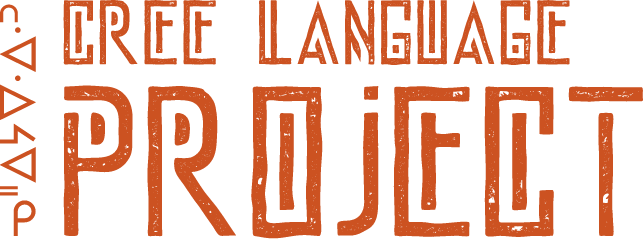Learn to Speak CreeLearning to speak Cree is part of a personal journey that develops awareness of traditional teachings and Cree culture. As you delve into the Cree language, you'll experience the profound impact of building meaningful connections across generations. This transformational journey fosters unity and nurtures a deep sense of belonging and ability to contribute to the enduring legacy of our local communities. By learning Cree, you're not just preserving a language; you're maintaining a rich tapestry of cultural heritage and traditions. |
About our Language Centre
Our language centre has been developed for individuals new to the Cree language. Our approach is to develop a core vocabulary and understanding of language basics that can be used on a daily basis. Speaking the language with others is an important part of learning the language. We help individuals to further explore the language through simple lessons that are easily consumed and can be extended through conversation with peers or elders in the community.
As you embark on this journey, you'll witness the profound impact of how Cree words, traditions, and culture are interwoven through the development of your vocabulary. By embracing the Cree language you will become an integral part of our community's ongoing legacy.
Looking for a place to start? Use our word vignettes to develop a basic vocabulary. These short vignettes have been crafted to introduce words and phrases that can be used in daily activities. A common first step is embedded these words into English dialogue when talking to others. Elders and seasoned Cree speakers will see this as an opportunity to provide further instruction through correcting pronunciation and introducing other aspects of the language (verbs and sentence structures).
Our Language Centre is augmented by links to recognized Cree Language resources. Our approach has been to highlight these resources rather than reinvent them. Be sure to investigate these resources as you continue your journey. Our materials have been developed using a variety of media using a direct (language) and indirect (cultural awareness) approach.
Learn Some Cree Words NowHere's a starter set of Cree words that can be used in casual conversation. A vocabulary of embeddable words is a great way to get started with Cree. Click on the red arrow to start the You Tube player. Click on the "Play Another" button to listen to a different word. Each video is about 10 seconds long. |
Culture and Language
Through featured videos, hear firsthand from individuals who hold the key to preserving and propagating Cree values in modern times. Prepare to be captivated as our community leaders share their invaluable insights, wisdom, and experiences. Each video is a window into the depth and richness of Cree culture, offering profound lessons and time-honored traditions that continue to shape our present and illuminate our path forward.
Expand your knowledge and connection to Cree language, culture, and community through our curated collection of external resources including a wealth of valuable information, articles, websites, and multimedia sources.
Whether you're seeking language learning tools, historical insights, cultural traditions, or community initiatives, our external resources section is for you to explore. We've gathered reputable sources that encompass a wide range of topics, enabling you to discover them at your own pace. Visit our external resource section today.
Cree Dialects [dialects]Cree (/kri?/ KREE; also known as Cree–Montagnais–Naskapi) is a dialect continuum of Algonquian languages spoken by approximately 237,420 people in 2021 across Canada, from the Northwest Territories to Alberta to Labrador. If considered one language, it is the aboriginal language with the highest number of speakers in Canada. The only region where Cree has any official status is in the Northwest Territories, alongside eight other aboriginal languages. There, Cree is spoken mainly in Fort Smith and Hay River. More (Wikipedia)... Stewardship and authorities that formally manage these dialects is diverse within the many communities of the Cree Nation |
Recognized Dialects
|
Language Resources The Language Centre uses excerpts Cree: Language of the Plains textbook written by Jean L. Okimasis, published by the University of Regina Press in 2018. The complete version of this book is available (public domain) at Cree: Language of the Plains. We strongly encourage learners to explore this resource in full using the link provided. |
The AlphabetSource: Cree: Language of the Plains by Jean L. Okimasis The Cree language uses fourteen letters of the Roman alphabet to represent the sounds of the Cree language, as compared to the twenty-six letters used for the English language. These letters represent seventeen distinct sounds. The ten consonants are c, h, k, m, n, p, s, t, w, and y... |
Short & Long Vowels
|
Counting in CreeSource: Cree: Language of the Plains Numbers and Money in Cree language is explained in chapter 22 of Cree: Language of the Plains by Jean L. Okimasis. |
Counting One-to-Ten
|
Verbs and TensesSource: Cree: Language of the Plains by Jean L. Okimasis Verbs are words used to express action or state be it physical, mental, or emotional. They are words that express natural happenings such as weather, seasons, and days of the week. They also refer to a state of being such as colors, hardness, and softness or they can describe geographic conditions (e.g. It is hilly, steep, mountainous, flat, etc.). The Cree language uses these as complete sentences whereas in English they are very often adjectives. Of course verbs also express actions. |
Learn About
|
Stories From the PrairiesWe are pleased to release the first group of animated videos based on traditional indigenous stories. Our channel, Stories From The Prairies, is designed to create awareness of Cree traditions and culture. Visit our Learning Centre for challenge questions and interpretations of how these stories are relevant in today's communities. (Click on the red arrow to start the You Tube player. Click on "Watch Another" to watch another story.) |

